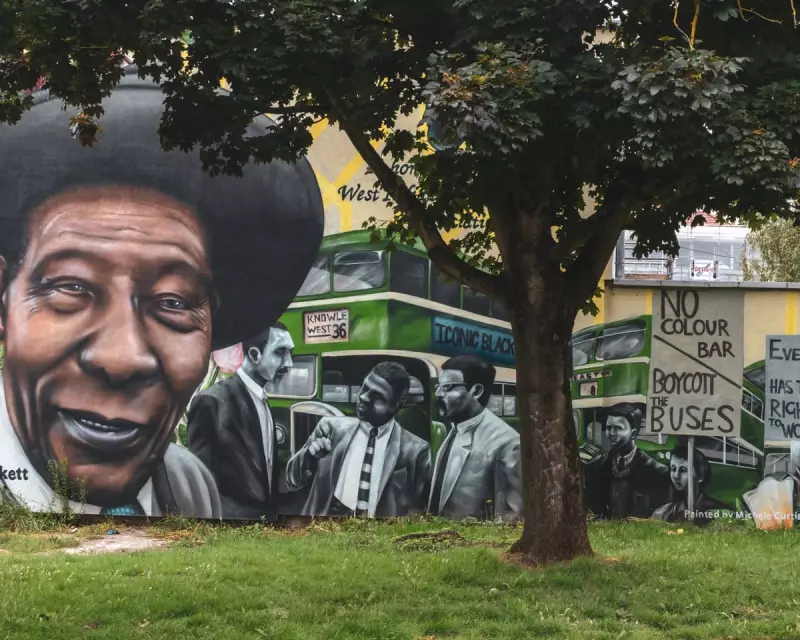
Across Britain, a quiet revolution is unfolding in how the nation confronts and commemorates its complex history. After decades of being sidelined, Black British stories are finally stepping into the mainstream consciousness, reshaping national identity from the classroom to the public square.
The Classroom Awakening
Educational institutions are becoming ground zero for this historical transformation. Schools across the country are increasingly integrating Black British history into their curricula, moving beyond token mentions to substantive exploration of figures like Olaudah Equiano, Mary Seacole, and the Windrush generation.
"We're witnessing a fundamental shift in how we teach British history," explains Dr. Hannah Johnson, a historian specialising in post-colonial studies. "Educators are recognising that you cannot understand modern Britain without understanding the Black experience that has shaped it for centuries."
Beyond Black History Month
The movement extends far beyond the annual focus of October. Permanent installations, museum exhibitions, and public memorials are creating year-round opportunities for engagement. Recent years have seen:
- Permanent Windrush monuments established in major cities
- Museum collections actively diversifying their narratives
- Local communities championing forgotten historical figures
- Digital archives making Black British stories more accessible
The Activists' Legacy
This transformation didn't happen overnight. It's the culmination of persistent work by community activists, educators, and cultural leaders who fought to have these stories recognised. Their decades-long advocacy has gradually shifted institutional attitudes and public awareness.
The impact is profound: younger generations are now growing up with a more inclusive understanding of what it means to be British. They're learning about the Caribbean soldiers who fought in both World Wars, the Black Georgians who shaped 18th-century society, and the civil rights activists who challenged discrimination in postwar Britain.
Challenges Remain
Despite significant progress, experts caution that the work is far from complete. Funding for diversity initiatives remains inconsistent, and implementation varies widely between regions. Some educational institutions still treat Black history as an optional add-on rather than an integral part of the British story.
Nevertheless, the momentum appears unstoppable. As Britain continues to grapple with questions of identity in a post-Brexit era, this embrace of its multifaceted history represents a crucial step toward a more honest and inclusive national narrative.
The conversation has moved from whether Black British history should be remembered to how it can be most effectively integrated into the fabric of national consciousness. For a nation redefining itself, these stories aren't just history—they're essential to understanding contemporary Britain.





